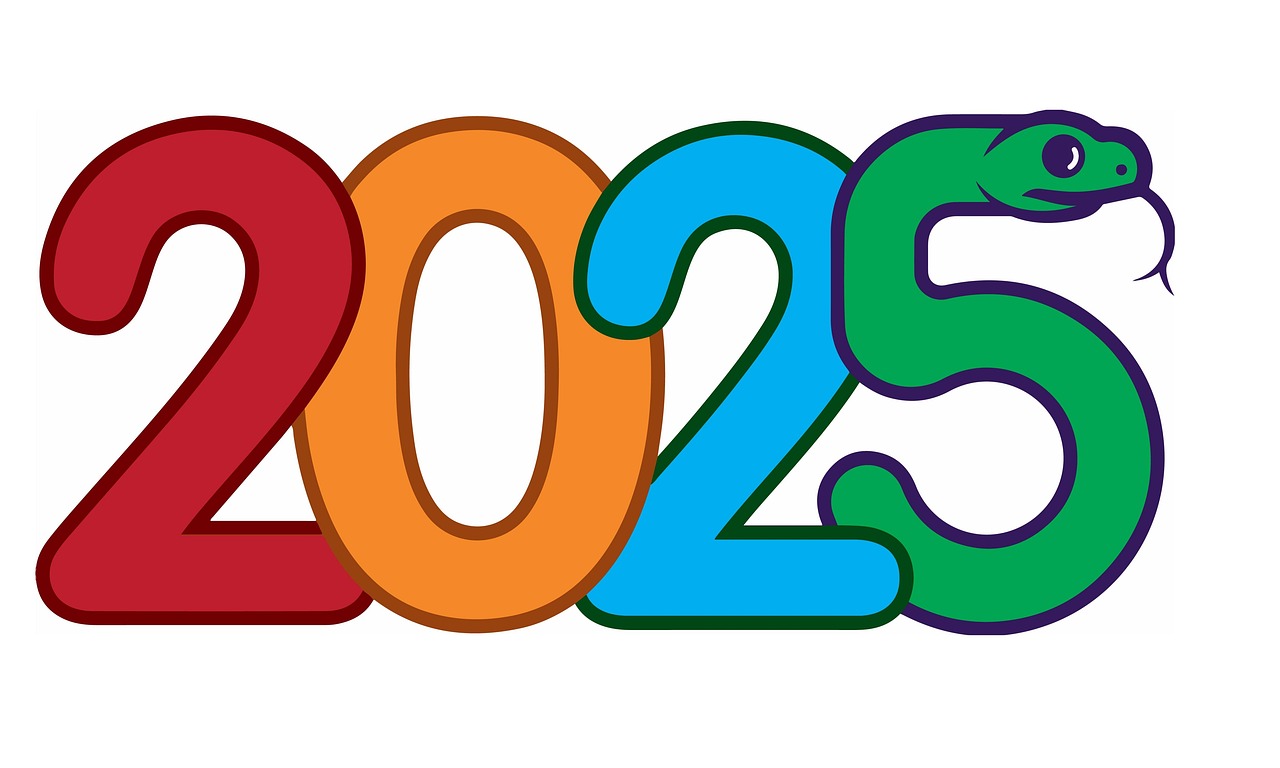
The Role of Civic Participation in the Current Political Landscape of the Philippines
The political landscape of the Philippines has undergone significant transformations over the years, marked by dynamic shifts in governance, economic policies, and societal influences. Among these, civic participation stands out as a crucial component shaping the nation’s democratic fabric. This engagement, which encompasses a range of activities from voting to active involvement in civil society organizations, is pivotal in driving policy changes and ensuring government accountability. As the Philippines navigates its current political challenges, understanding the role of civic participation becomes more essential than ever.
The Historical Context of Civic Engagement in the Philippines
Civic participation in the Philippines has deep historical roots, dating back to the Spanish colonial era when Filipinos fought for independence and self-determination. The struggle for democracy was further highlighted during the People Power Revolution of 1986, a seminal event that demonstrated the power of collective action in overthrowing the authoritarian regime of Ferdinand Marcos. This historical context underscores the enduring spirit of Filipinos to engage actively in the political process to safeguard their rights and freedoms.
In recent times, the evolution of civic participation can be observed through various movements and initiatives that have emerged across the nation. These include grassroots efforts to address environmental issues, campaigns for electoral reforms, and advocacies for human rights protection. The legacy of past movements continues to inspire current generations, fostering a robust culture of civic engagement.
Forms of Civic Participation

Civic participation in the Philippines manifests in various forms, each contributing uniquely to the democratic process. Voting remains the most recognized form of civic engagement, with the country experiencing significant voter turnout in recent elections. However, beyond the ballot box, Filipinos engage in a multitude of activities that influence political discourse and policy-making.
One prominent form of civic participation is the involvement in civil society organizations (CSOs). These groups play a critical role in advocating for social justice, environmental conservation, and community development. By mobilizing resources and raising awareness, CSOs serve as a bridge between the government and the populace, ensuring that diverse voices are heard and considered in policy formulation.
Moreover, the rise of digital platforms has transformed civic participation, enabling individuals to engage in political discussions and campaigns online. Social media, in particular, has become a powerful tool for mobilizing public opinion and fostering political activism. Online petitions, virtual protests, and digital advocacy campaigns have gained traction, signifying a shift in how Filipinos participate in civic life.
The Impact of Civic Participation on Policy-Making
Civic participation significantly influences policy-making processes in the Philippines. By engaging in public consultations, participating in legislative hearings, and submitting policy proposals, citizens can directly contribute to shaping national and local policies. This involvement ensures that policies reflect the needs and aspirations of the community, promoting transparency and accountability in governance.

For instance, the advocacy for the passage of the Renewable Energy Act exemplifies how civic participation can lead to substantial policy changes. Through the concerted efforts of environmental groups and concerned citizens, the government was prompted to adopt measures promoting sustainable energy development, aligning the country’s energy policies with global environmental standards.
Furthermore, civic participation acts as a check on government actions, ensuring that public officials are held accountable for their decisions. This watchdog role is crucial in preventing abuses of power and promoting good governance practices. By actively monitoring government activities and demanding transparency, citizens reinforce the principles of democracy and rule of law.
Challenges to Civic Participation
Despite its importance, civic participation in the Philippines faces several challenges. Political polarization, misinformation, and restrictive policies can hinder active citizen engagement. The spread of false information, particularly through social media, complicates efforts to foster informed civic participation, as individuals may base their actions on inaccurate or misleading data.
Additionally, the political climate can sometimes discourage active participation, especially when citizens perceive systemic corruption or ineffectiveness in addressing societal issues. The fear of reprisal or intimidation can also deter individuals from participating in political activities, limiting the scope of civic engagement.
Moreover, socio-economic barriers play a significant role in affecting civic participation. Limited access to education and resources can impede individuals from fully engaging in the political process, as they may lack the means or knowledge to participate effectively. Addressing these barriers is crucial in promoting inclusive civic participation that represents all sectors of society.
Strategies to Enhance Civic Participation

To overcome these challenges and enhance civic participation, several strategies can be implemented. First, promoting civic education is essential in equipping citizens with the knowledge and skills necessary for meaningful engagement. Educational programs that focus on democratic principles, governance processes, and critical thinking can empower individuals to participate more effectively in civic life.
Enhancing digital literacy is also vital in combating misinformation and fostering informed participation. By equipping citizens with the skills to navigate digital platforms critically, they can better discern credible information and engage constructively in online political discussions.
Furthermore, fostering an enabling environment for civic participation requires policy reforms that protect citizens’ rights to free expression and assembly. The government can play a pivotal role by enacting laws and policies that safeguard civic spaces and encourage active citizen involvement.
Strengthening partnerships between the government, civil society, and the private sector can also enhance civic participation. Collaborative initiatives that address pressing societal issues can foster trust and cooperation, encouraging more individuals to participate in civic activities.
Takeaways
Civic participation remains a cornerstone of democracy, playing a vital role in shaping the political landscape of the Philippines. As the nation continues to navigate complex political challenges, fostering active citizen engagement is more crucial than ever. By addressing the barriers to participation and implementing strategies that empower citizens, the Philippines can strengthen its democratic institutions and ensure that governance reflects the will and aspirations of its people. The journey towards a more participatory democracy is ongoing, but with continued commitment to civic engagement, the Philippines can build a more inclusive and just society for all.

The Future of Civic Participation in the Philippines
Looking ahead, the future of civic participation in the Philippines holds promising potential for further democratization and societal change. As the country embraces digital transformation, new opportunities for engagement are emerging, allowing citizens to connect, collaborate, and mobilize in unprecedented ways.
The integration of technology in governance processes, such as online voting systems and digital public consultations, can enhance accessibility and inclusivity in political participation. These innovations can empower marginalized communities by providing them with platforms to voice their concerns and contribute to policy discussions. For the Philippines, investing in digital infrastructure and ensuring equal access to technology will be critical in realizing the full potential of these advancements.
Furthermore, the youth demographic, comprising a significant portion of the Philippine population, plays a crucial role in shaping the future of civic participation. Young people are increasingly becoming active participants in political and social movements, bringing fresh perspectives and innovative approaches to civic engagement. By nurturing this enthusiasm and supporting youth-led initiatives, the country can cultivate a new generation of socially responsible and politically active citizens.
Moreover, the role of education in fostering civic participation cannot be overstated. Integrating civic education into school curricula and promoting experiential learning opportunities can instill democratic values and civic responsibility from an early age. Programs that encourage students to engage in community service and participate in local governance initiatives can bridge the gap between theoretical knowledge and practical application.

The Role of the International Community
The international community also plays a significant role in supporting and enhancing civic participation in the Philippines. International organizations and development partners can provide technical assistance, capacity-building programs, and financial support to local civil society organizations and government agencies. These partnerships can facilitate knowledge exchange and share best practices, strengthening the country’s democratic institutions and processes.
Moreover, global platforms and networks offer Filipino citizens opportunities to engage with international advocacy campaigns and movements. By participating in global dialogues on issues such as climate change, human rights, and social justice, Filipinos can contribute to shaping international policies and initiatives that impact their communities. This global engagement not only amplifies the voices of Filipino citizens but also fosters solidarity and collaboration with other nations.
Takeaways
Civic participation is a dynamic and evolving force that continues to shape the political landscape of the Philippines. As the nation confronts complex challenges and opportunities, fostering active citizen engagement is paramount to building a resilient and inclusive democracy. By leveraging technology, empowering youth, and strengthening international partnerships, the Philippines can enhance civic participation and ensure that its democratic processes are responsive to the needs and aspirations of its people.
Ultimately, the future of civic participation in the Philippines hinges on the collective efforts of citizens, government, civil society, and the international community. Through collaboration, innovation, and commitment to democratic values, the country can pave the way for a more just, equitable, and participatory society.






